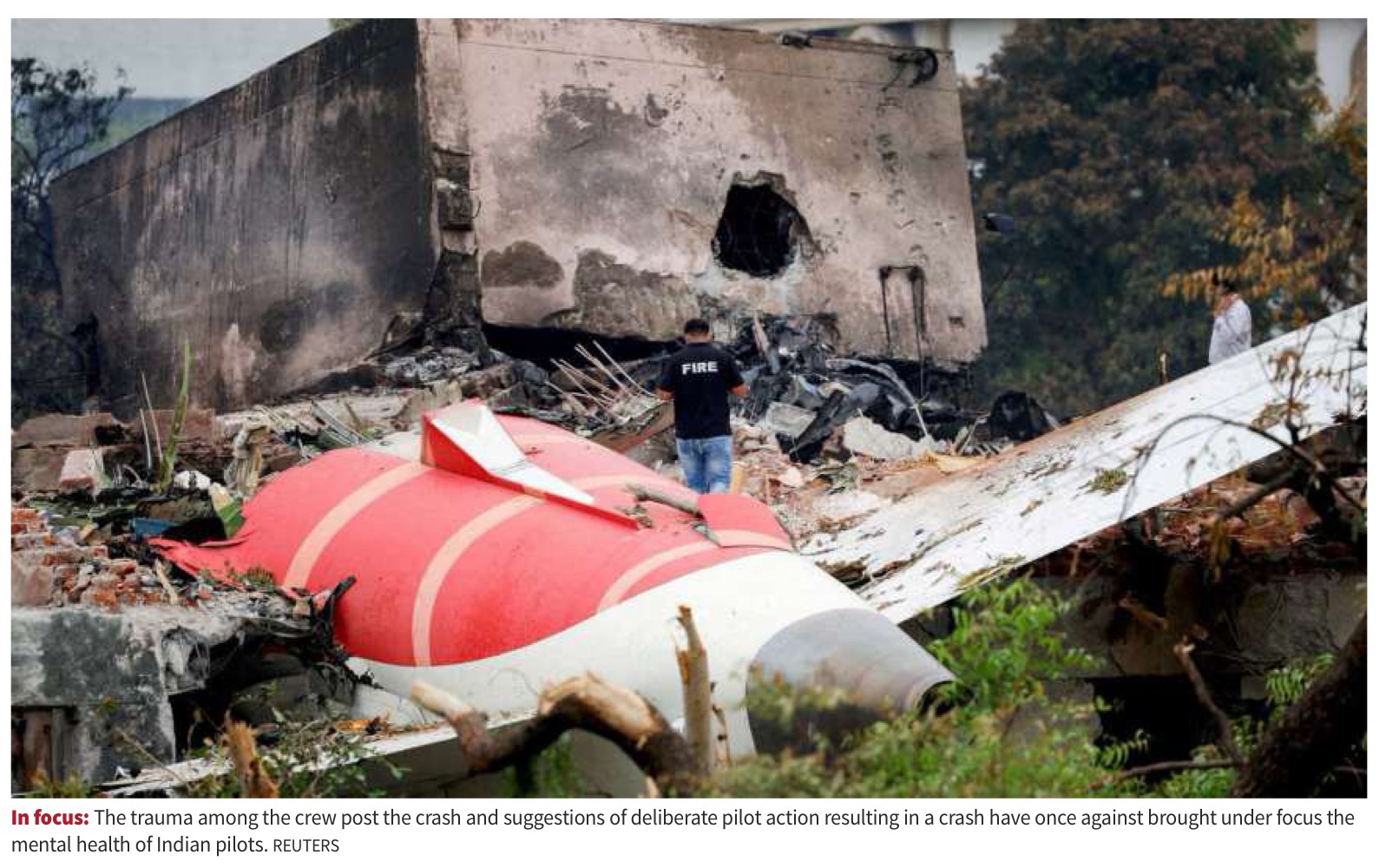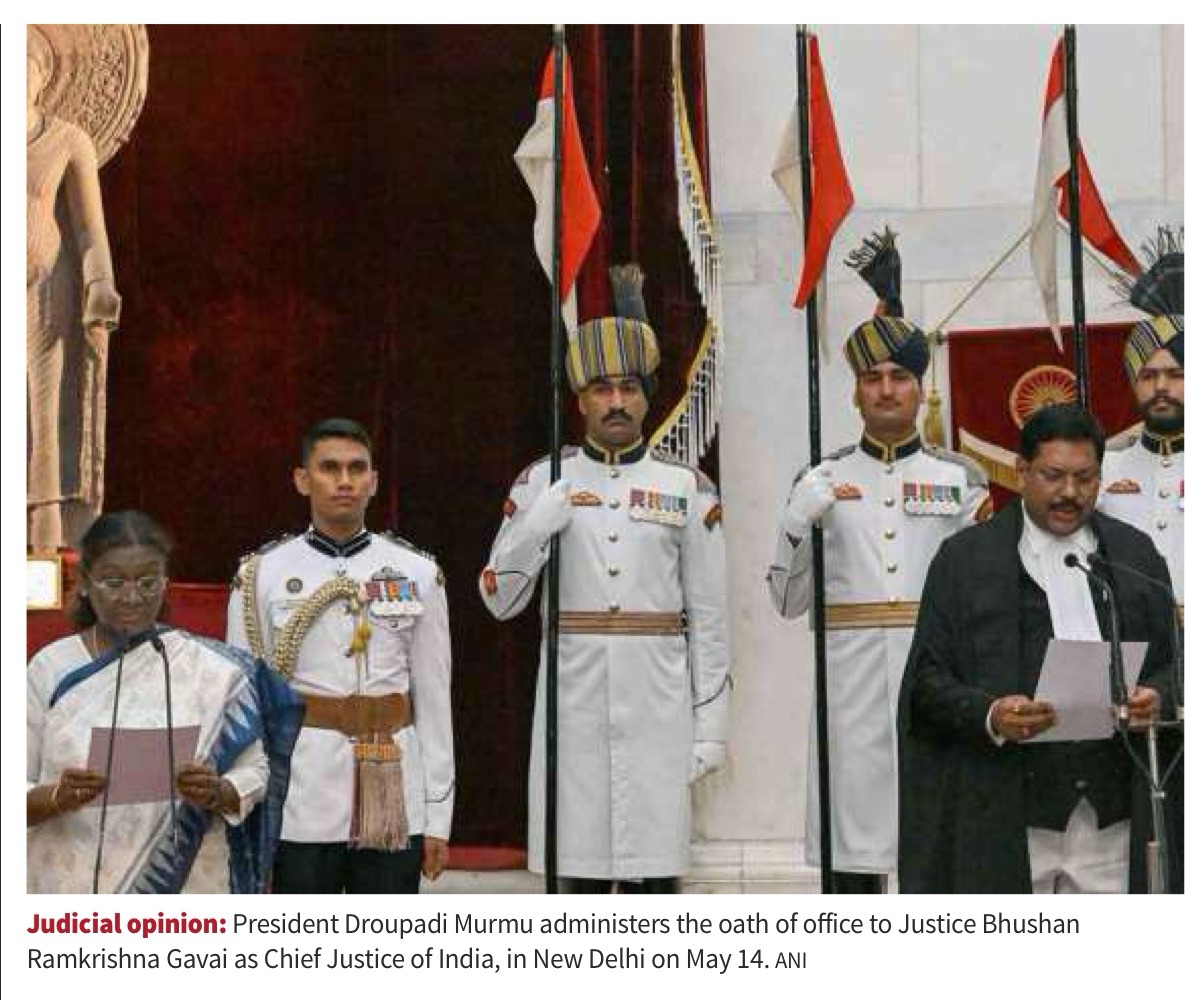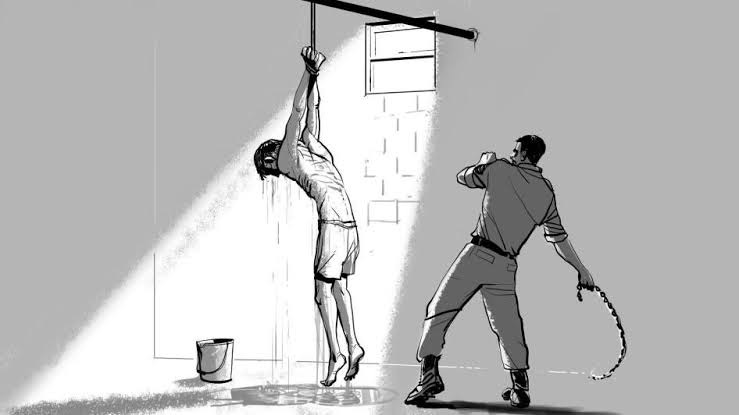
Despite rising awareness about mental health post-pandemic, many airline pilots hesitate to seek help for anxiety, depression, or burnout. The core reason is not just social stigma, but fear that disclosing such issues could affect their medical certification, flying eligibility, and career prospects.
🔸 Key Points:
The article opens with the trauma faced by a pilot involved in a recent crash involving Air India Express’ Boeing 737 in June 2024. The incident left the pilot mentally disturbed and unable to sleep or work.
Younger pilots and cabin crew are especially at risk of PTSD, and post-crash stress often leads to flight cancellations or medical leave.
Many pilots fly back-to-back domestic sectors with limited rest, leading to chronic fatigue, stress, and social isolation.
Fear of grounding and loss of income discourages pilots from reporting mental health issues, despite increasing mental health awareness.
🔹 Expert Insights:
Shubhashish Majumdar, ex-Airline Commander: Mental health is still not openly acknowledged in Indian aviation. Lack of formal policy, stigma, and cost of mental health care prevent pilots from seeking help.
Dr. Jijo John, aviation psychologist: Even if stigma reduces, the risk to license or certification still deters pilots from reporting problems.
A 2022 study (W. Hoffman, U.S.) showed that even pilots interested in support hesitate due to uncertainty in policy.
⚖️ Policy & Regulatory Response:
In Feb 2023, DGCA issued a circular on “mental health promotion”, encouraging self-reporting and mandatory use of a 25-point questionnaire for evaluation.
On July 22, 2024, DGCA asked airline doctors to strictly follow these mental health protocols.
🧾 The Gist (Key Takeaways):
Mental health struggles are real among pilots, worsened by job stress, irregular hours, and lack of rest.
Pilots avoid help due to fear of losing flying license, lack of policy clarity, and confidentiality concerns.
There’s an urgent need for structured, confidential support systems, awareness, and policy reform to make mental health care accessible and stigma-free in aviation.











